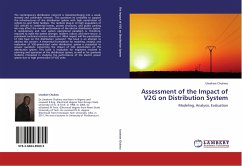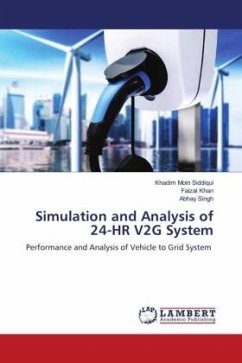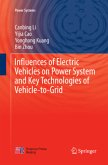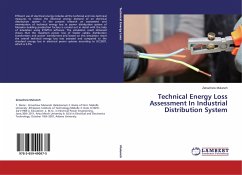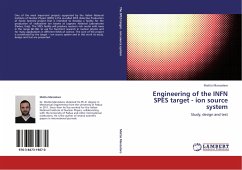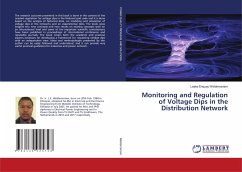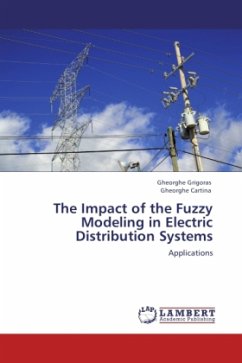The contemporary distribution network is metamorphosing into a weak, stressed and vulnerable network. This questions its credibility to support the infrastructures of the distribution system with high penetration of vehicle to grid (V2G) facilities. The random plug-in of high population of V2G vehicles to residential homes, private structures, and public parking lots may affect the overall performance of the electric distribution system. A revolutionary and new system operational paradigm is, therefore, required to make the system stronger, resilient, robust, and more secure. A prominent technical concern stands out: What impact will the penetration of V2G have on the distribution network? This book is an attempt to address this concern. A theoretical formulation for modeling, analysis, and evaluation of V2G-penetrated radial distribution system is presented to answer questions concerning the impact of V2G penetration on the distribution system. This book is invaluable for engineers involved in planning and operation of the distribution system, as well as for graduate students interested in studying the performance of the electric power system due to high penetration of V2G units.
Bitte wählen Sie Ihr Anliegen aus.
Rechnungen
Retourenschein anfordern
Bestellstatus
Storno

